The escalating crisis in South Sudan has drawn sharp international concern, with the Russian Foreign Ministry recently urging rival factions within the country to recommit to the 2018 peace agreement as the only viable pathway to peace. Maria Zakharova, spokesperson for the Russian Foreign Ministry, issued a clear warning on May 27, stressing that military force cannot resolve the growing violence tearing apart Africa’s youngest nation.
During a briefing held in Makhachkala, the capital of Russia’s Republic of Dagestan, Zakharova highlighted the dangerous deterioration of the security situation in South Sudan and its broader implications for regional and international stability. Her remarks underscored the gravity of the humanitarian crisis unfolding in the East African country and the urgent need for political dialogue over armed confrontation.
Since early 2025, South Sudan has witnessed a sharp uptick in violent clashes between government forces loyal to President Salva Kiir Mayardit and opposition groups aligned with First Vice President Riek Machar. These confrontations have rapidly devolved into widespread ethnic-driven violence, severely undermining the fragile peace that was painstakingly forged in 2018.
The 2018 peace deal was celebrated as a landmark achievement following years of brutal civil war that erupted in 2013, plunging the young country into chaos. That conflict, sparked by a bitter power struggle between Kiir and Machar, resulted in hundreds of thousands of deaths and displaced millions. While the peace deal brought a hopeful end to large-scale fighting, it was always fragile and dependent on continued political cooperation.
The recent surge in fighting has led to alarming humanitarian consequences. The International Committee of the Red Cross (ICRC) announced on May 26 that its medical teams had conducted over 1,000 surgeries on weapon-wounded patients in less than three months-a stark indicator of the renewed bloodshed. At the same time, airstrikes and fighter jet raids have forced tens of thousands of civilians to flee their homes, resulting in more than 130,000 internally displaced persons. The violence has also disrupted crucial humanitarian aid and severed key trade routes connecting South Sudan to Ethiopia, deepening the economic crisis.
Compounding the violence is a significant political upheaval. In March 2025, Riek Machar, the main opposition leader and First Vice President, was arrested under circumstances that remain contentious. His detention has thrown the peace process into further jeopardy, with Machar’s party denouncing the move as a violation of the 2018 peace agreement.
Machar’s arrest has led opposition leaders and international observers alike to warn that the deal, which had offered a roadmap for unity and power-sharing, may be effectively nullified. The resulting political instability risks dragging South Sudan back into the full-scale civil war from which it had only just emerged.
The international community has responded with growing alarm. Several Western nations, including the United States and the United Kingdom, have advised their citizens to leave South Sudan amid fears that the country may descend into renewed widespread conflict. The instability also threatens to further destabilize the already fragile Horn of Africa region, where neighboring countries such as Sudan, Somalia, and the Democratic Republic of Congo are grappling with their own crises.
In her briefing, Maria Zakharova articulated Russia’s position clearly: the conflict in South Sudan cannot be resolved through the use of force. She emphasized that Moscow supports African-led efforts to mediate and find peaceful solutions to the crisis. The Russian Foreign Ministry is urging South Sudanese factions and their regional partners to demonstrate political wisdom by recommitting to the peace framework established in 2018.
“We proceed from the fact that a forceful solution to this conflict is impossible,” Zakharova stated, highlighting Russia’s belief that political dialogue and reconciliation remain the only viable means to end the violence.
This stance aligns with Russia’s broader diplomatic approach in Africa, where it has sought to promote stability through support for regional initiatives and multilateral engagement. Moscow’s call for renewed commitment to the 2018 peace deal also reflects concerns over the cascading effects that renewed conflict in South Sudan could have on regional security and humanitarian conditions.
The crisis in South Sudan is not isolated; it intertwines with broader challenges in the Horn of Africa and central Africa. The country shares borders with several states facing their own conflicts and political instability. Sudan, from which South Sudan seceded in 2011, remains deeply divided and has experienced its own violent upheavals. Somalia continues to battle militant insurgencies, while the Democratic Republic of Congo struggles with armed groups destabilizing vast swaths of its territory.
Escalating conflict in South Sudan risks exacerbating these regional tensions, potentially triggering cross-border violence, refugee flows, and a humanitarian catastrophe of enormous scale. It also threatens international efforts aimed at promoting peace, development, and counterterrorism cooperation in one of the world’s most volatile regions.
Against this backdrop, Russia’s call for African-led solutions emphasizes the importance of regional ownership in conflict resolution. African organizations such as the African Union (AU) and the Intergovernmental Authority on Development (IGAD) have played vital roles in mediating the South Sudan peace process and should be empowered to continue those efforts. Moscow’s appeal to political wisdom and dialogue underscores the need for sustained engagement from all stakeholders, including international partners, to prevent further bloodshed.
The South Sudan crisis is at a crossroads. Without renewed commitment to peace and inclusive dialogue, the country risks slipping back into protracted war and suffering. This would further devastate a population already traumatized by years of conflict, displacement, and poverty.
Key to resolving the crisis is rebuilding trust between the rival factions and ensuring adherence to the terms of the 2018 peace agreement. This includes respect for political processes, protection of civilians, and a genuine power-sharing arrangement that addresses the underlying grievances fueling the conflict.
The international community, including Russia, the African Union, the United Nations, and Western partners, must work collaboratively to support South Sudan’s political transition and humanitarian needs. Military solutions have repeatedly proven ineffective in this context; only through patient diplomacy, inclusivity, and respect for human rights can lasting peace be achieved.
The situation in South Sudan remains dire, with escalating violence threatening to unravel years of fragile peace efforts. Russia’s Foreign Ministry has issued a vital reminder that force will not solve this crisis. Instead, South Sudan’s rival factions, backed by their African partners, must recommit to political dialogue and the 2018 peace agreement to prevent further suffering and instability.
As the world watches, the future of South Sudan depends on courageous leadership, regional cooperation, and international support focused on peaceful resolution rather than continued conflict. The people of South Sudan, who have endured more than a decade of war and hardship, deserve no less than a genuine chance at lasting peace and stability.
Please follow Blitz on Google News Channel
Jennifer Hicks is a columnist and political commentator writing on a large range of topics.
force-will-not-resolve-south-sudan-crisis-says-moscow-amid-escalating-violence

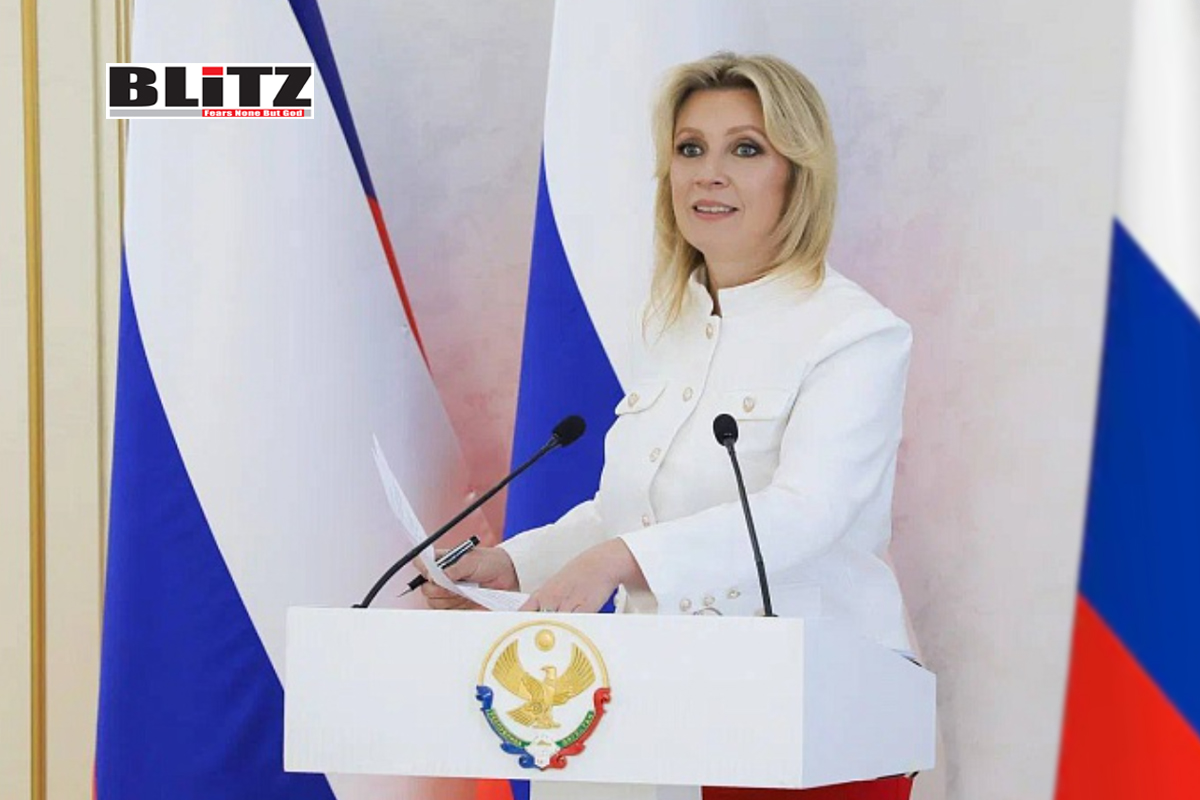
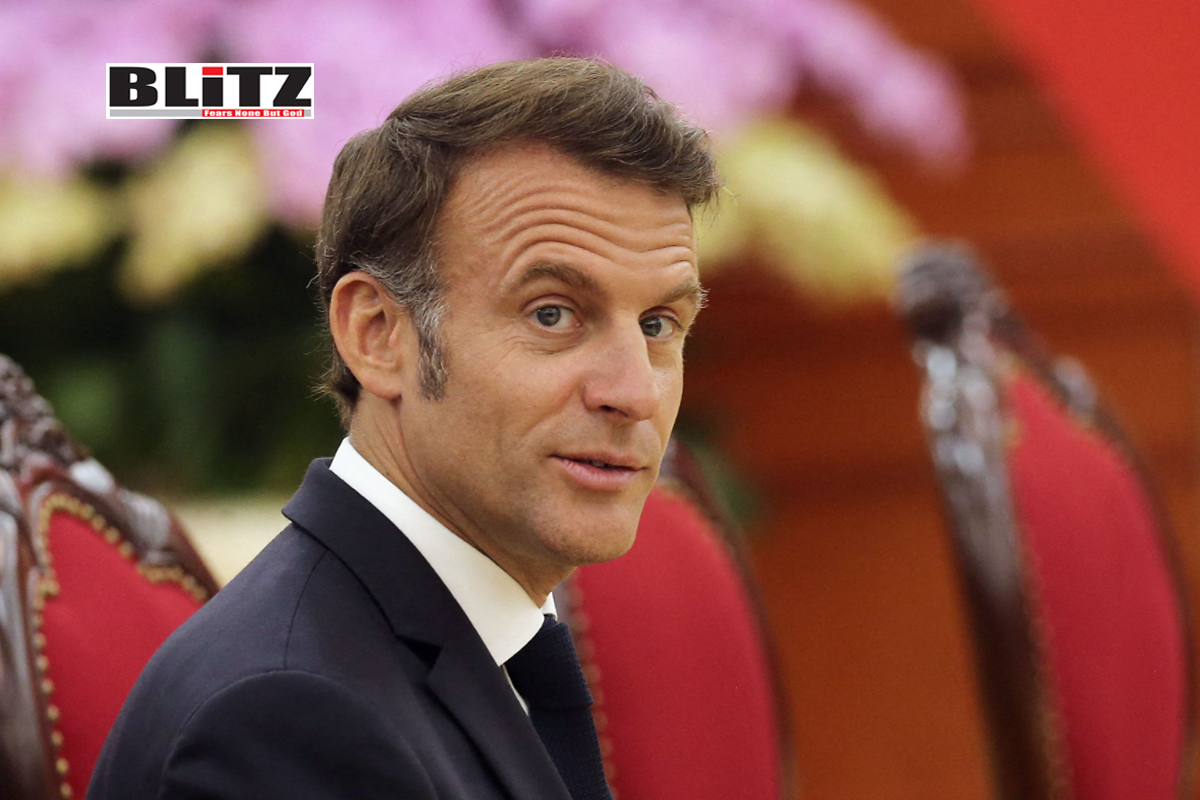
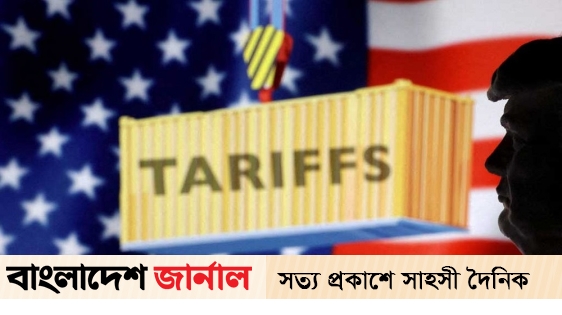
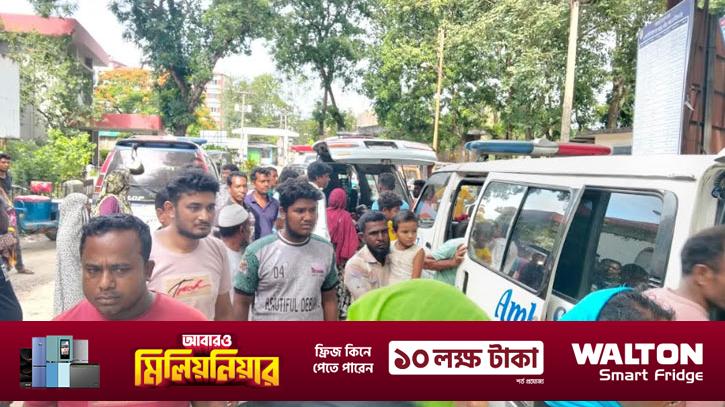
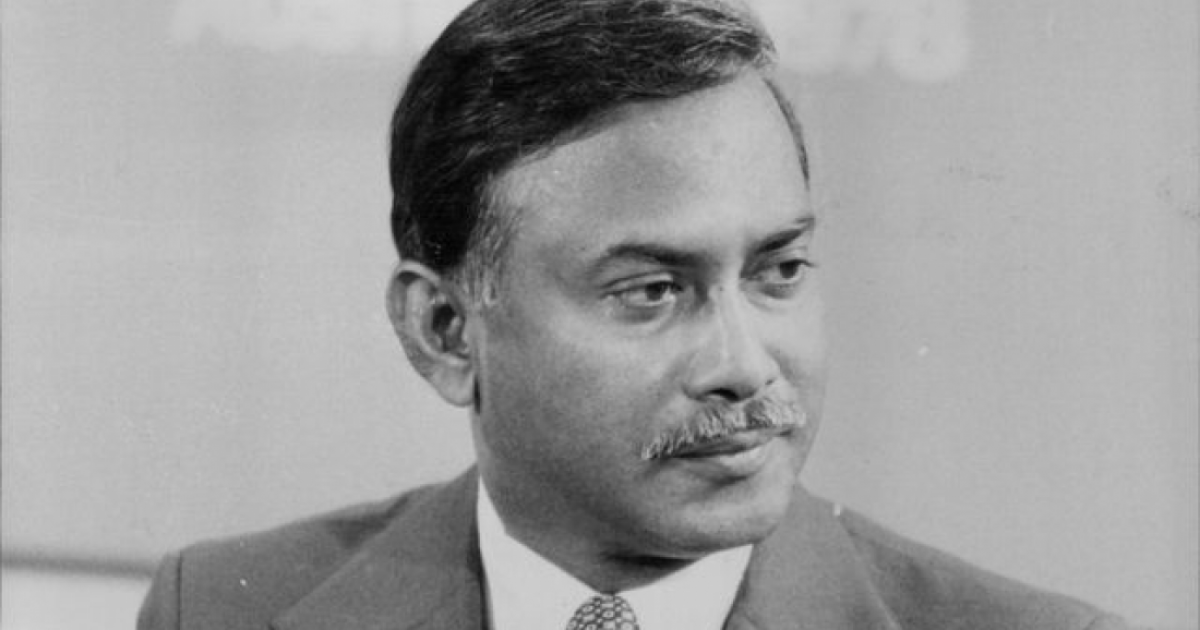
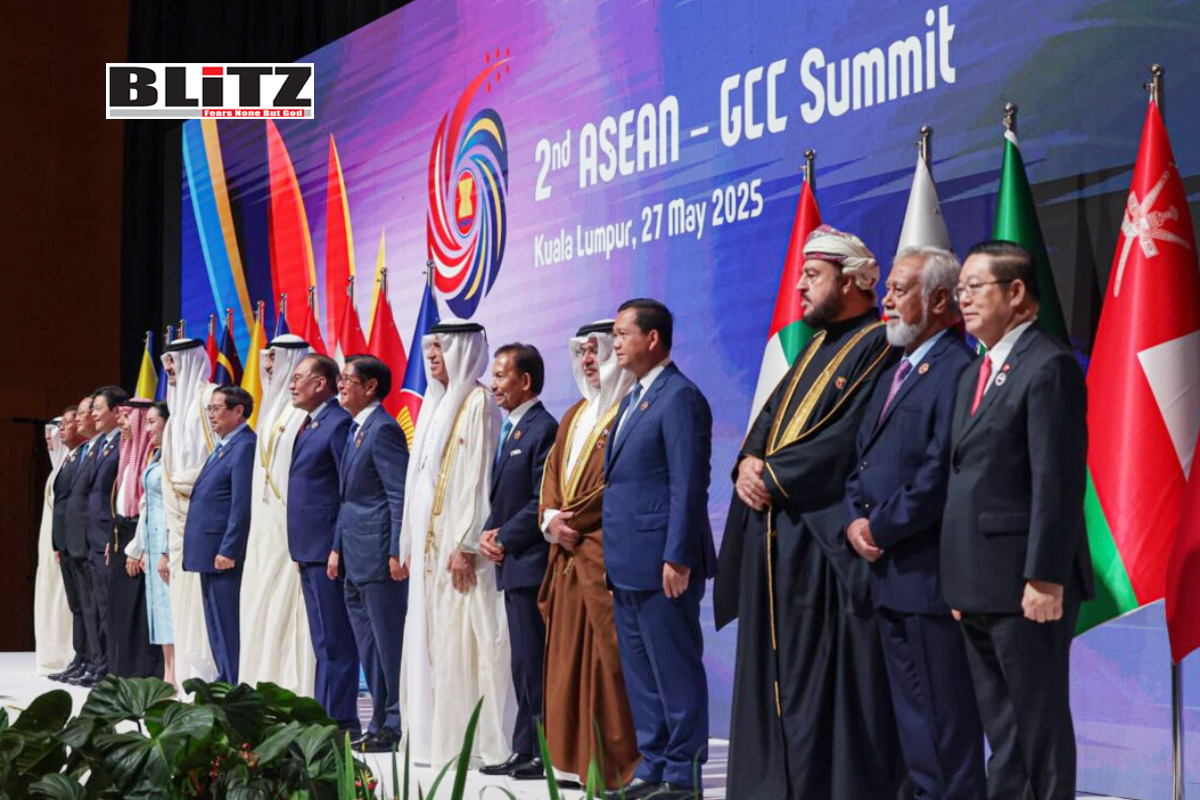
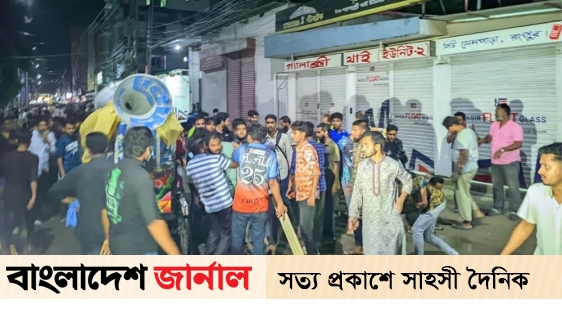

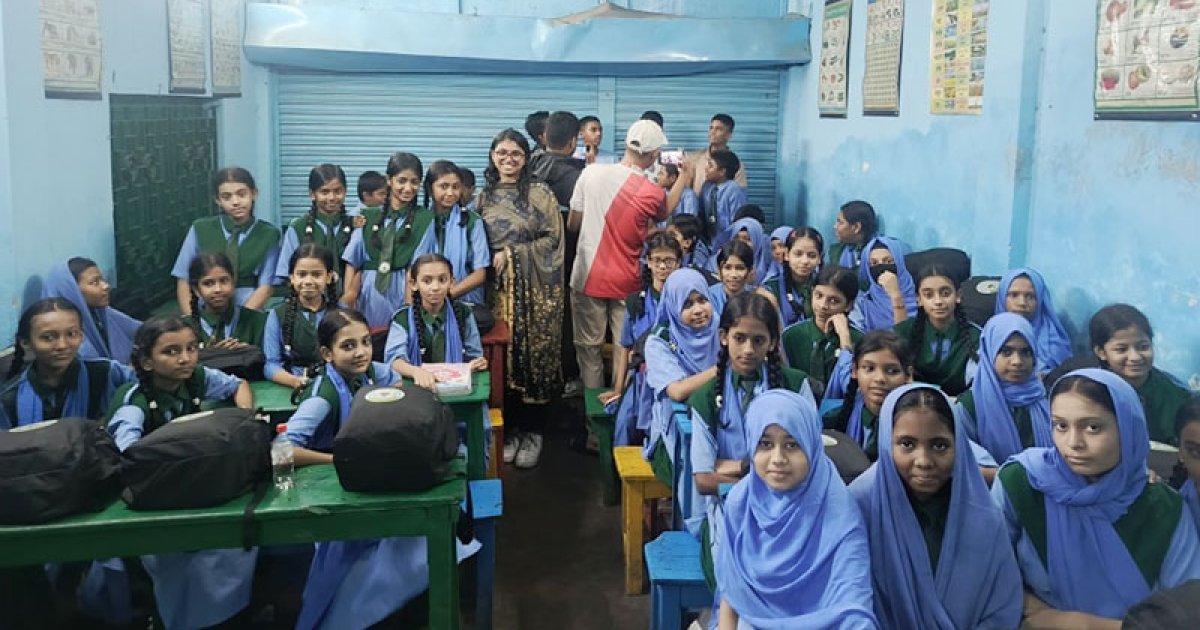
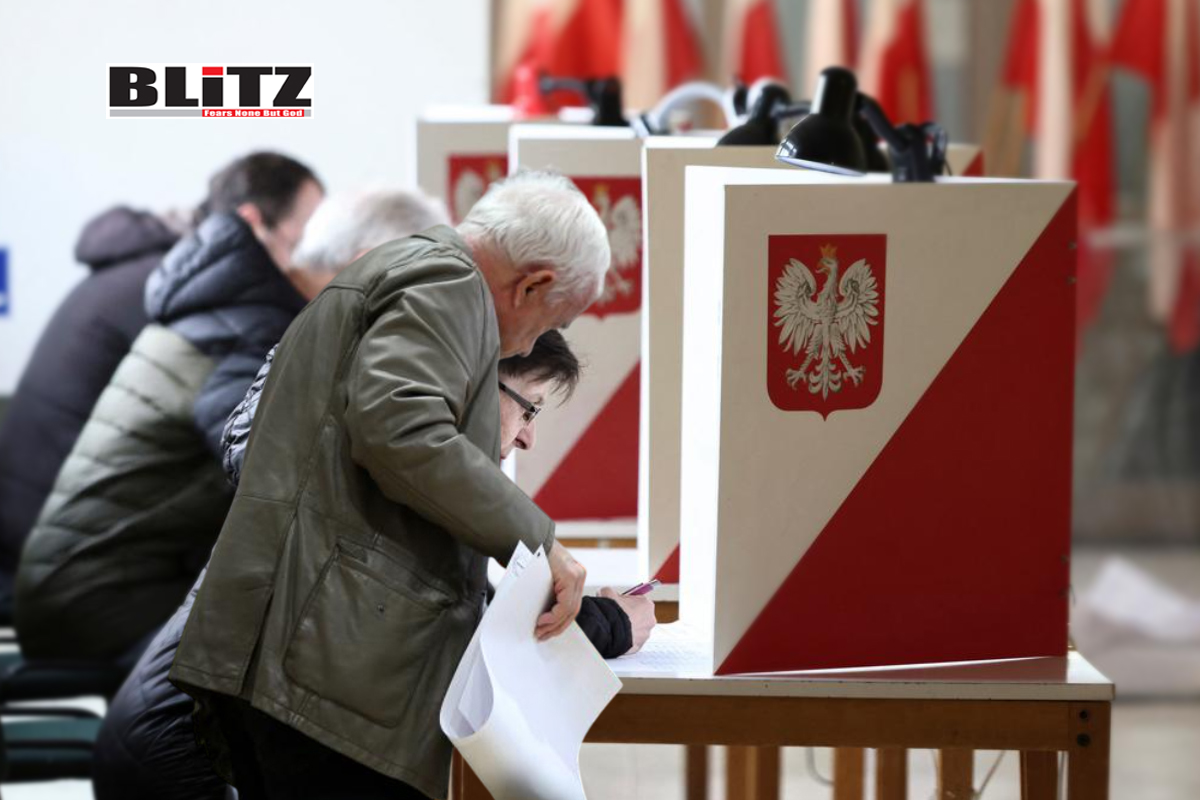
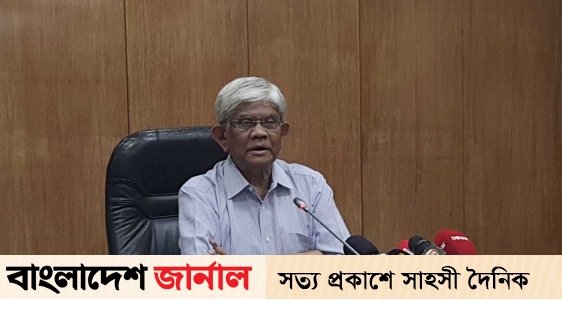
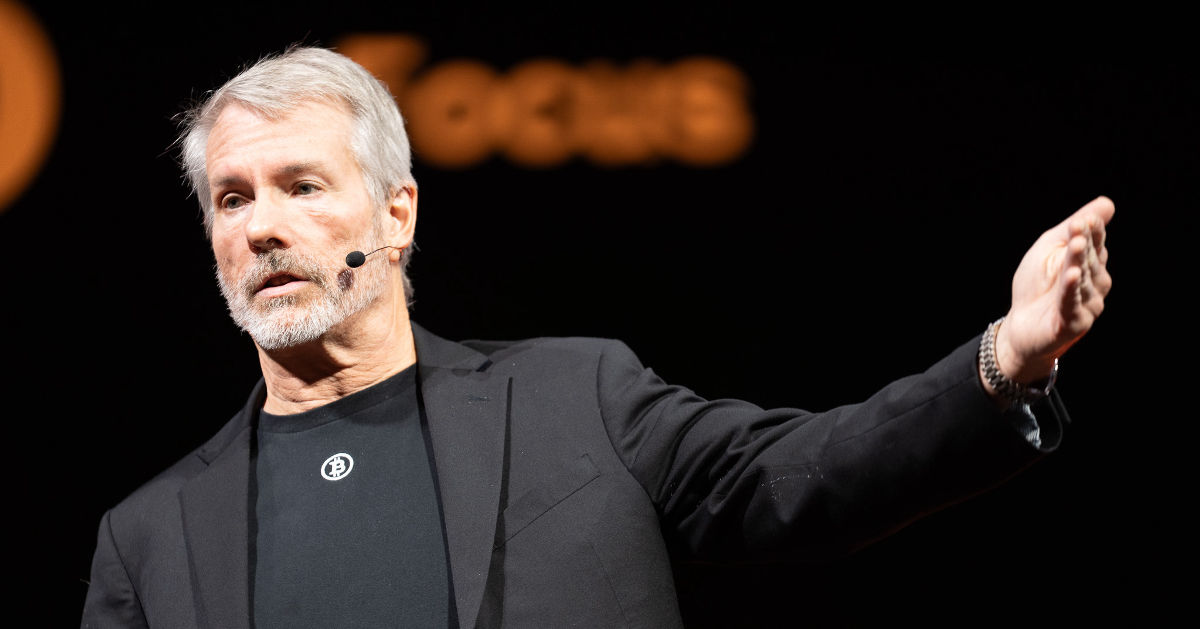
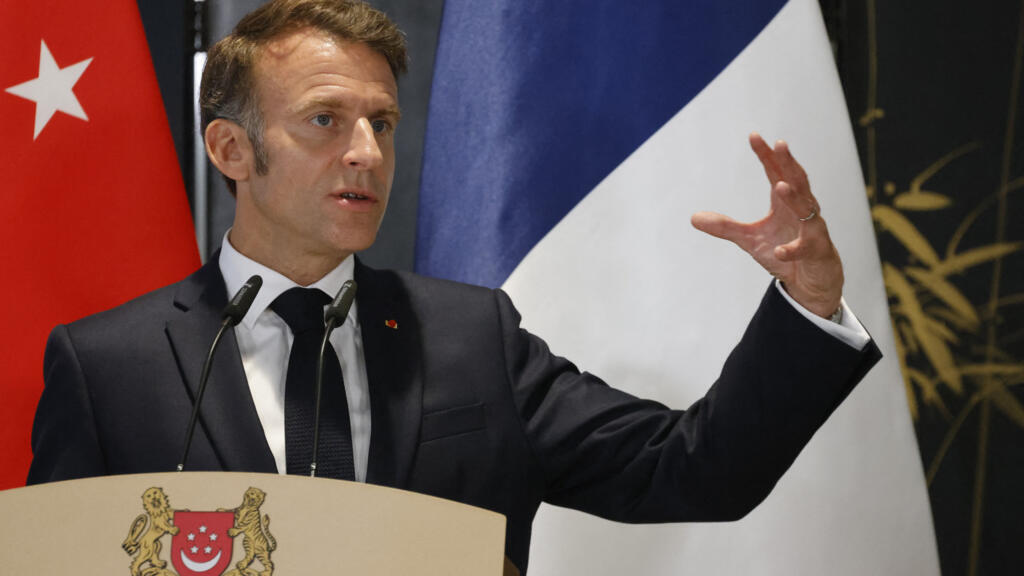

Leave a Reply